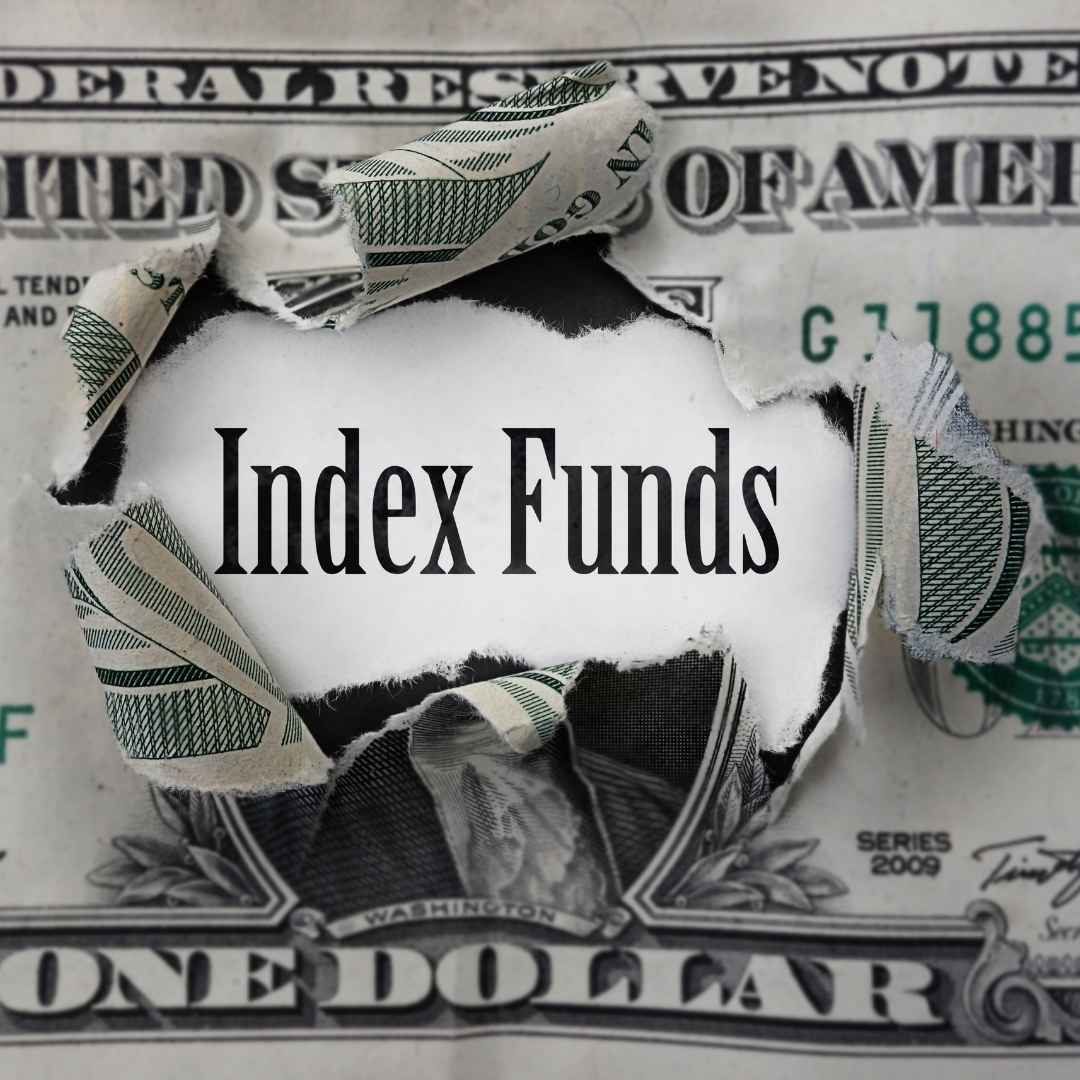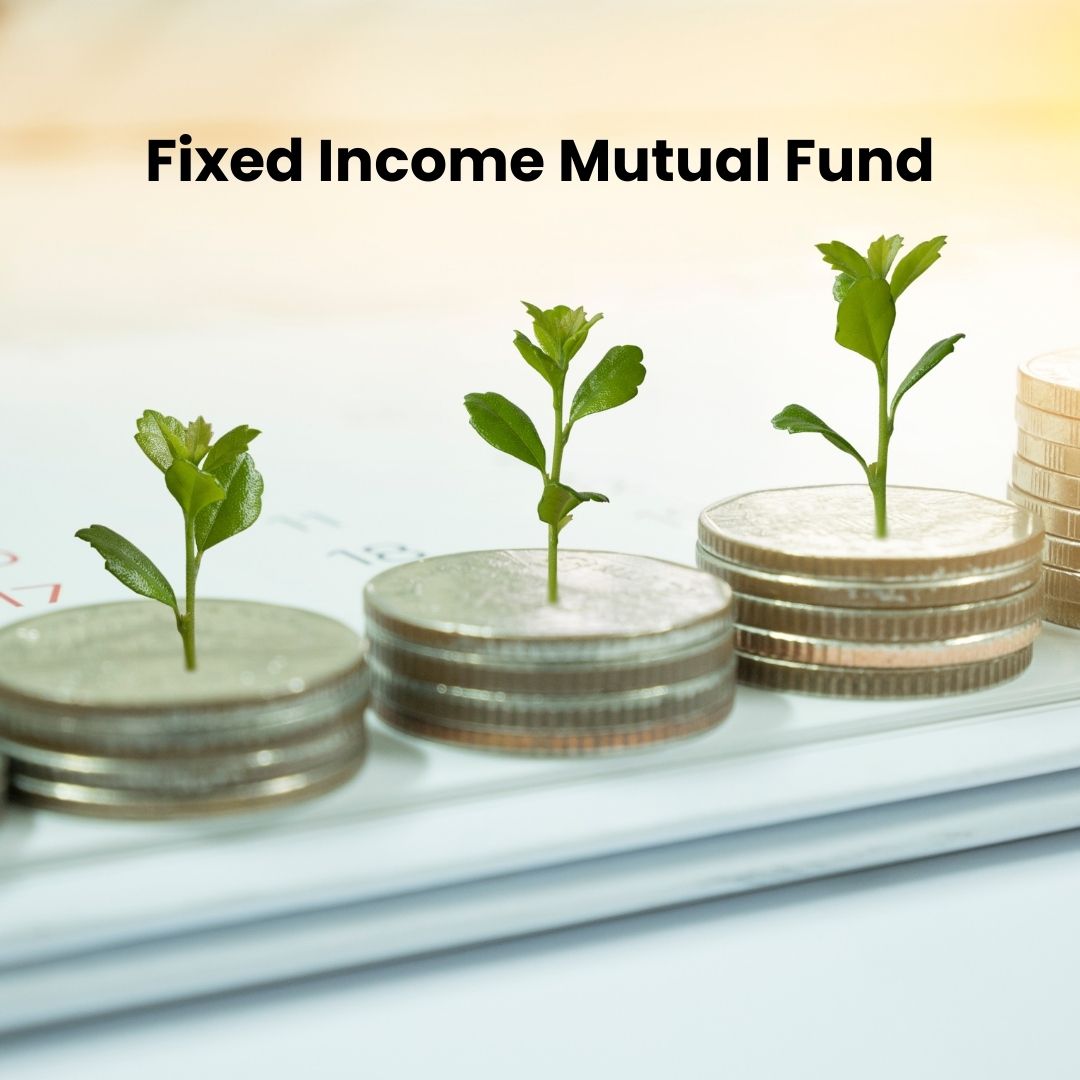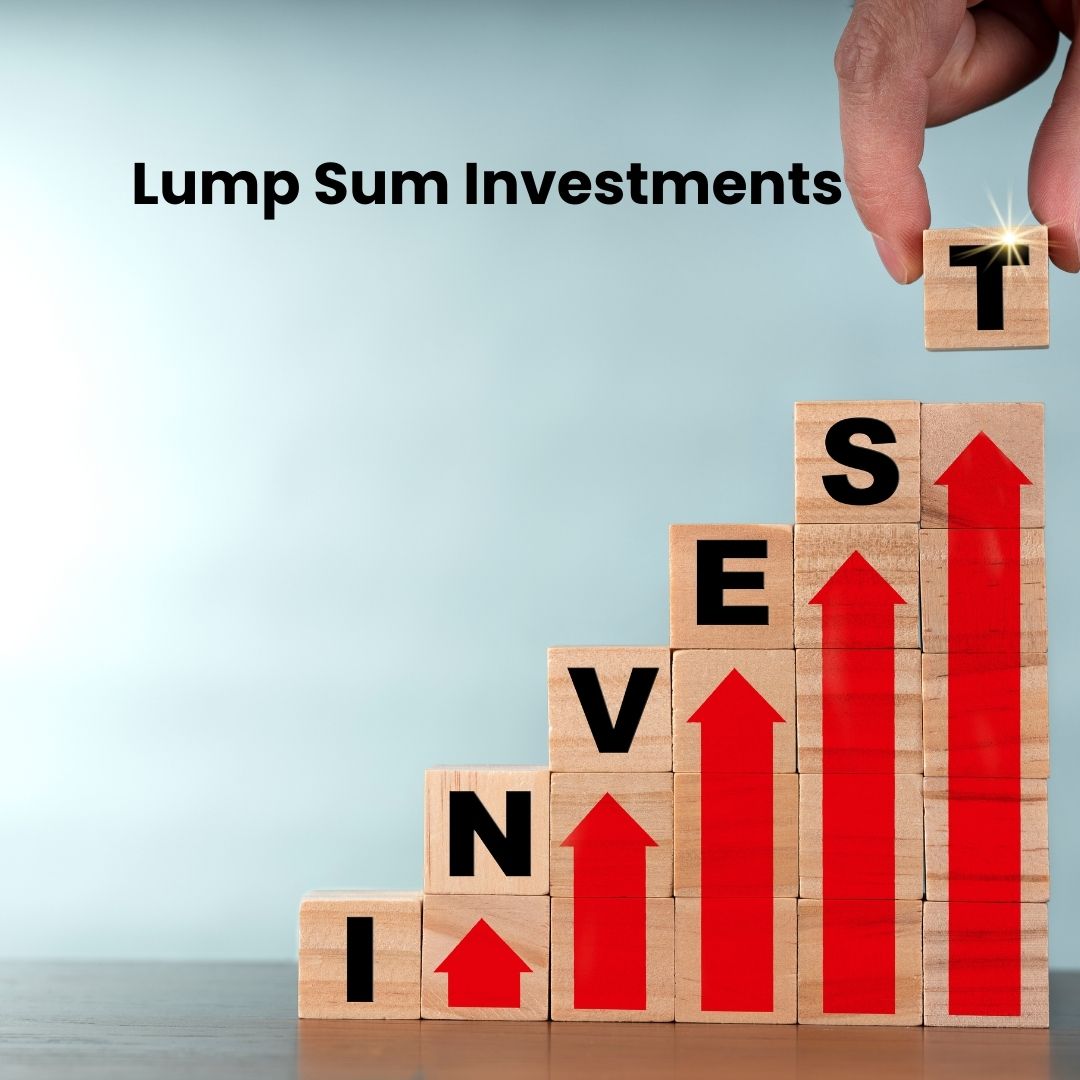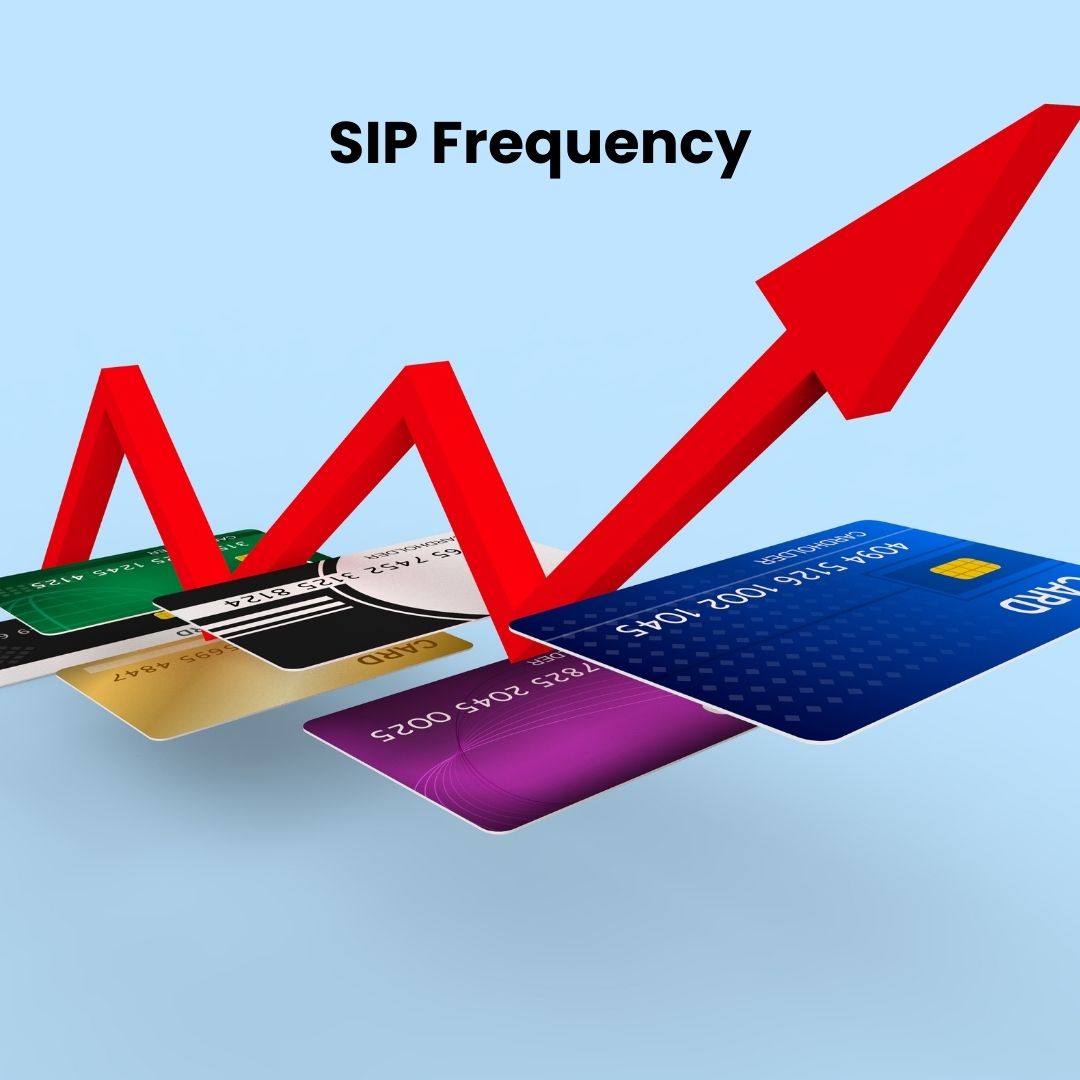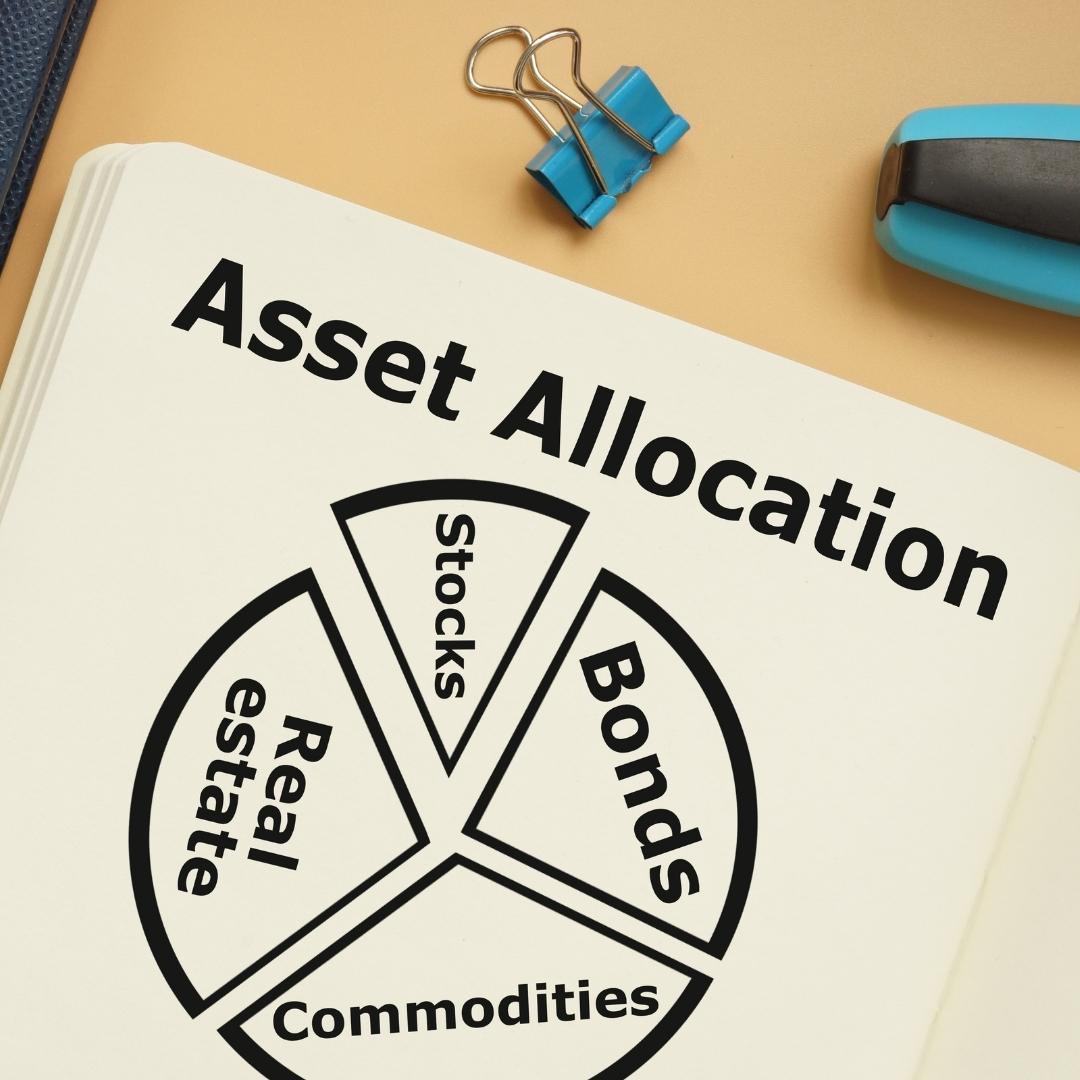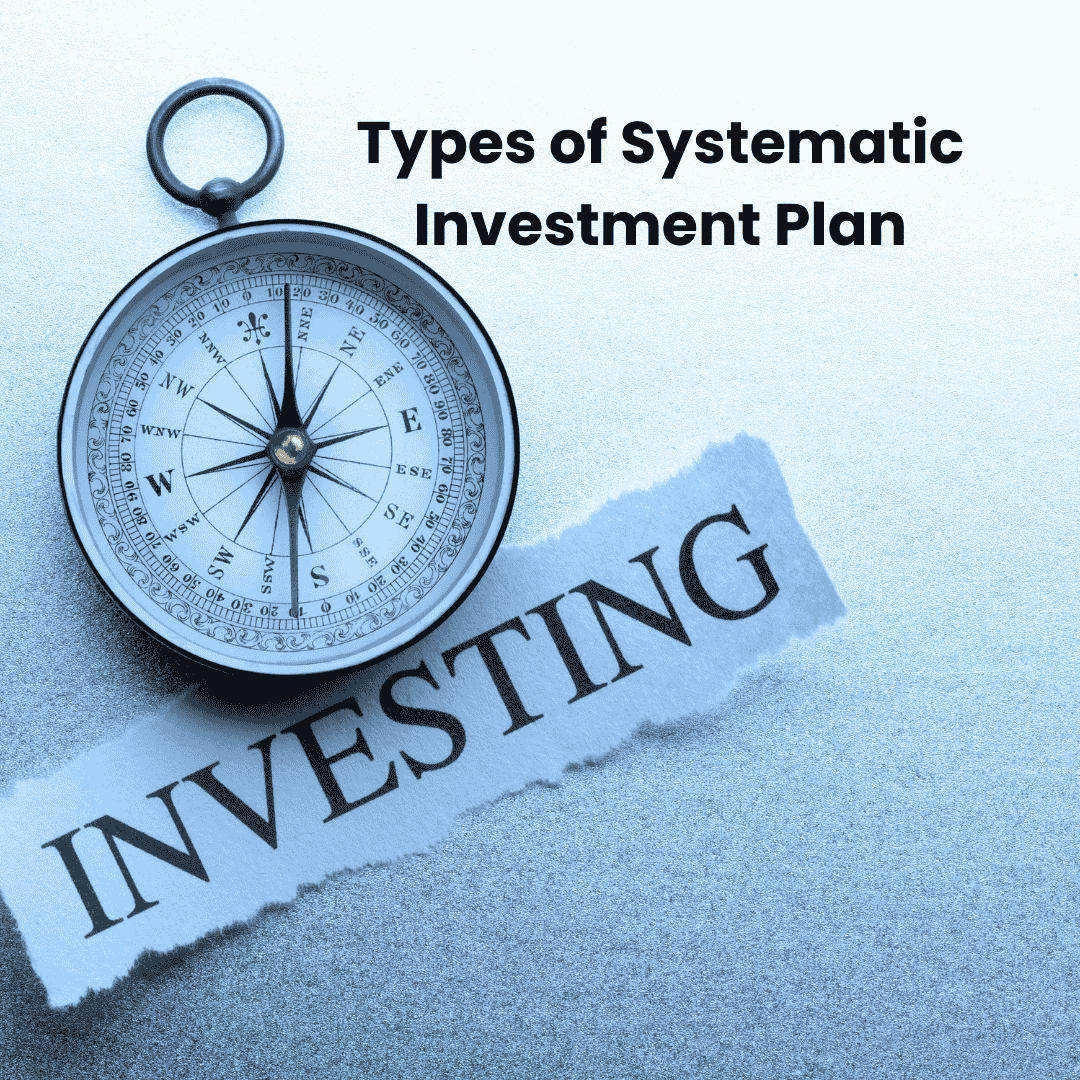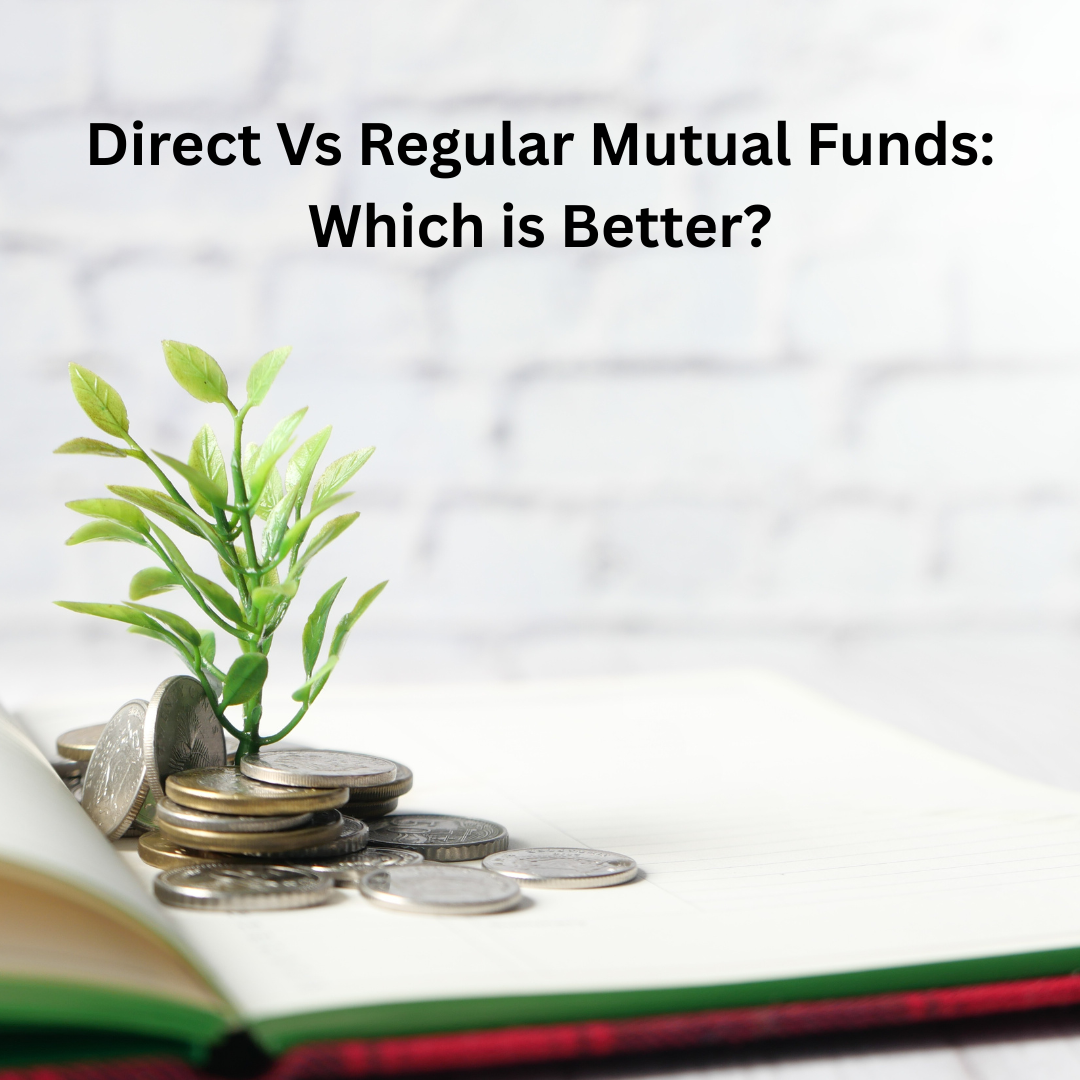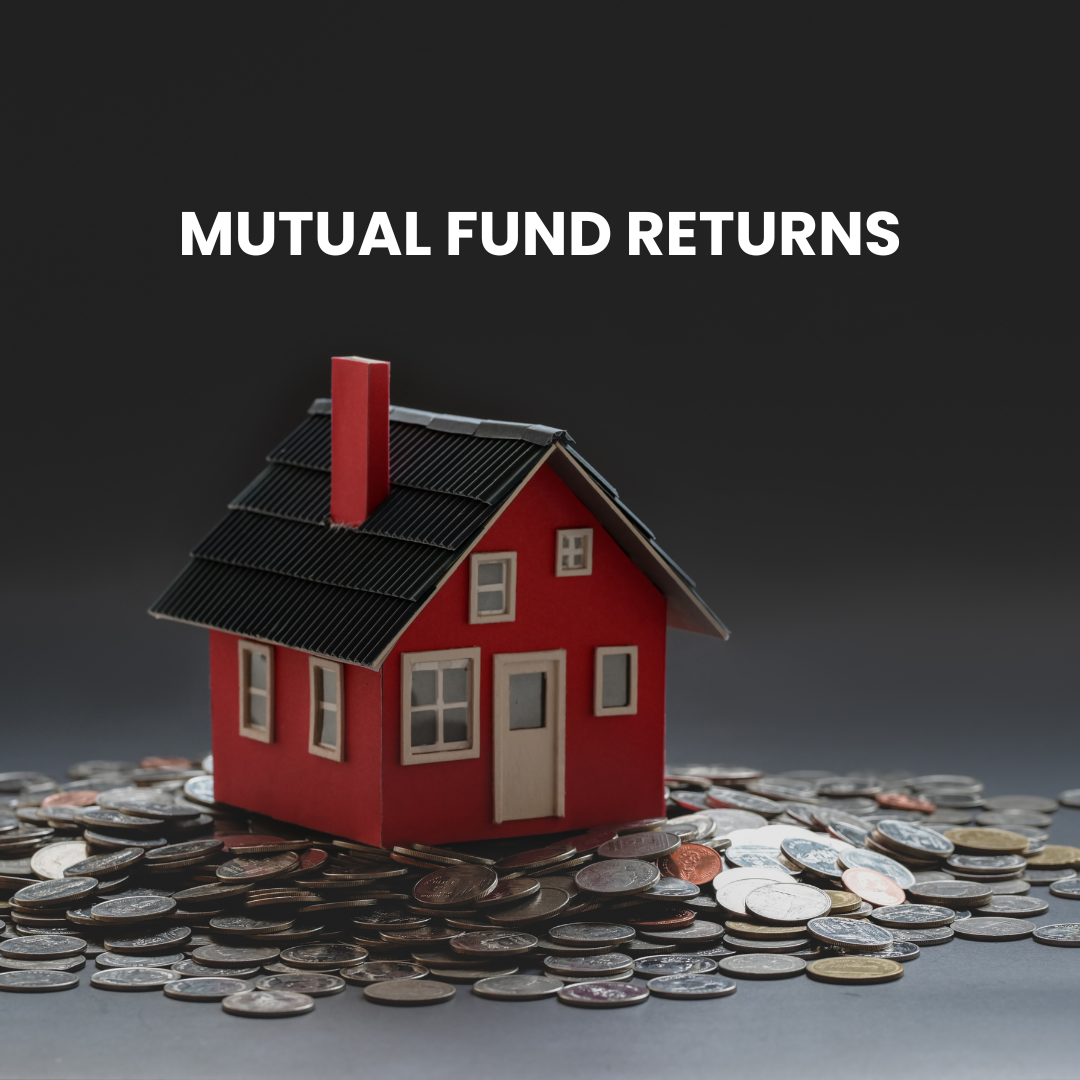In the ever-evolving world of investing, one term that’s gaining attention among savvy investors is Momentum Funds. At Garg Financial Services (GFS Wealth), we believe in empowering you with the right financial knowledge to make informed decisions. So, what exactly are Momentum Funds, and should they be part of your investment portfolio? Let’s break it down in a simple, easy-to-understand guide.
What Are Momentum Funds?
Momentum Funds are a type of mutual fund or investment strategy that focuses on stocks or assets that have shown an upward price trend. The basic idea behind this approach is to “buy high and sell higher.” These funds invest in securities that have recently performed well, with the assumption that the momentum will continue.
Unlike value investing, which seeks undervalued stocks, Momentum Funds ride the wave of market trends. They rely on technical analysis, performance indicators, and historical data to identify strong-performing assets.
How Do Momentum Funds Work?
Momentum investing is based on the principle that securities which have performed well in the past relative to the market will continue to perform well in the future, and vice versa. Here’s a simplified overview of how Momentum Funds operate:
- Stock Selection: Fund managers use price movements, trading volume, and other technical indicators to pick stocks that are rising.
- Holding Period: Typically, these funds hold investments for a few weeks to months, capitalizing on short-to-medium-term trends.
- Rebalancing: Fund managers frequently rebalance the portfolio to keep up with changing momentum trends.
- Exit Strategy: Once a stock shows signs of slowing or reversing momentum, it is sold and replaced with a rising performer.
Why Investors Choose Momentum Funds
At GFS Wealth, we’ve observed that many investors are drawn to Momentum Funds for the following reasons:
1. High Return Potential
Momentum strategies can outperform the market during bullish periods. When trends are strong and upward, these funds can offer attractive returns compared to traditional investments.
2. Market Efficiency
Momentum Funds often react quickly to market shifts, allowing investors to capitalize on short-term price movements more efficiently.
3. Data-Driven Strategy
Momentum investing is based on mathematical models, reducing emotional decision-making. It’s a systematic and analytical approach that appeals to data-savvy investors.
Risks Associated with Momentum Funds
Like all investments, Momentum Funds come with risks that need careful consideration:
1. High Volatility
Momentum investing tends to involve stocks that are more volatile. Sudden market corrections or changes in sentiment can lead to quick losses.
2. Frequent Trading Costs
Because of frequent buying and selling, trading costs and taxes can eat into profits.
3. False Signals
Momentum indicators can sometimes provide false signals, leading to poor investment decisions.
4. Market Reversals
When market trends suddenly reverse, Momentum Funds can underperform or experience rapid drawdowns.
At Garg Financial Services, we always emphasize the importance of understanding these risks and aligning them with your financial goals before investing.
Are Momentum Funds Right for You?
Momentum Funds may be suitable if:
- You have a high-risk tolerance.
- You are looking for short to medium-term gains.
- You understand market trends and are comfortable with volatility.
- You prefer a more active investment strategy.
However, if you prefer long-term stability and lower risk, then other mutual fund types (like value or balanced funds) might be better aligned with your goals.
At GFS Wealth, we offer personalized investment guidance to help you choose what fits you best.
Types of Momentum Funds
Momentum Fund comes in different formats. Understanding the types helps you make a more informed decision:
1. Equity Momentum Funds
These funds focus on stocks showing strong upward trends. Ideal for investors who are bullish on the stock market.
2. ETF-Based Momentum Funds
Exchange-Traded Funds (ETFs) that track momentum indices. These offer flexibility and lower expense ratios.
3. Hybrid Momentum Funds
A mix of equities and debt instruments, these funds use momentum strategies while managing risk with a diversified approach.
4. Sectoral Momentum Funds
These target specific sectors like IT, pharma, or banking that are currently in trend.
At Garg Financial Services, we help clients identify the type of momentum investment that aligns with their risk profile and objectives.
Momentum Funds vs Other Investment Strategies
| Feature | Momentum Funds | Value Funds | Growth Funds |
| Investment Focus | Price trends | Undervalued stocks | Companies with high growth potential |
| Risk Level | High | Moderate | Moderate to High |
| Time Horizon | Short to Medium-term | Long-term | Long-term |
| Market Condition Suitability | Bullish Markets | Bearish/Stable Markets | Bullish Markets |
Momentum Fund stands out due to their agility in responding to market movements, but that agility comes with higher risk.
How to Invest in Momentum Funds
Investing in Momentum Funds with GFS Wealth is simple and transparent. Here’s how we help:
- Client Risk Profiling: We assess your risk tolerance and investment objectives.
- Fund Selection: Based on our research, we recommend top-performing Momentum Fund that align with your goals.
- Investment Tracking: Our team provides regular updates and fund performance reports.
- Exit Strategy Planning: We assist you in determining the right time to exit based on market trends.
Whether you’re a new or seasoned investor, our personalized financial planning services make investing easy and stress-free.
Conclusion: Should You Invest in Momentum Funds?
Momentum Funds offer exciting opportunities for growth by capitalizing on current market trends. However, they are not for everyone. If you are comfortable with market volatility and want to benefit from short-term price movements, they might be a great addition to your portfolio.
At Garg Financial Services (GFS Wealth), we guide you with complete transparency and data-backed recommendations. Whether you’re new to investing or looking to diversify your portfolio, Momentum Fund could play a significant role in achieving your financial goals — if used wisely.
FAQs About Momentum Funds
Q1. Are Momentum Fund good for beginners?
They can be risky for beginners unless guided by a professional advisor. GFS Wealth offers beginner-friendly consultations.
Q2. Do Momentum Fund guarantee returns?
No. They carry high market risk, and returns are not guaranteed.
Q3. How often should the Momentum Fund be reviewed?
These funds require regular monitoring — typically every few weeks. We at GFS Wealth handle this for our clients.
Q4. Can Momentum Fund be part of SIPs?
Yes, some momentum-based mutual funds allow SIP investments.
Q5. How much should I invest in Momentum Fund?
It depends on your financial goals and risk appetite. Ideally, limit high-risk funds to 10-20% of your portfolio.
If you’re considering adding Momentum Fund to your investment strategy, don’t go it alone. Reach out to Garg Financial Services (GFS Wealth) today and let our experts help you build a future-ready portfolio.


